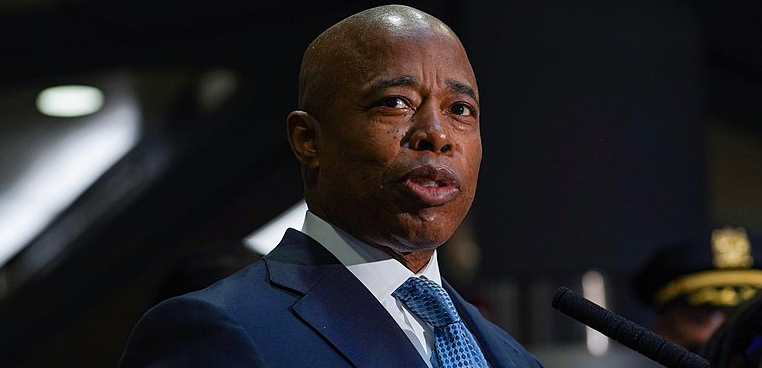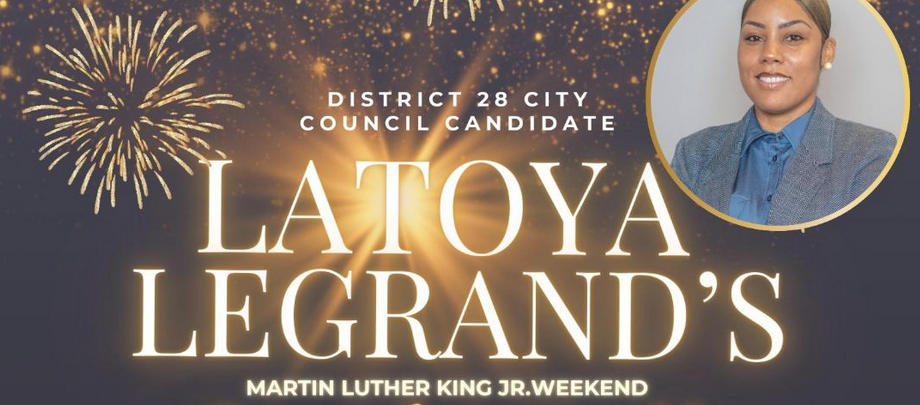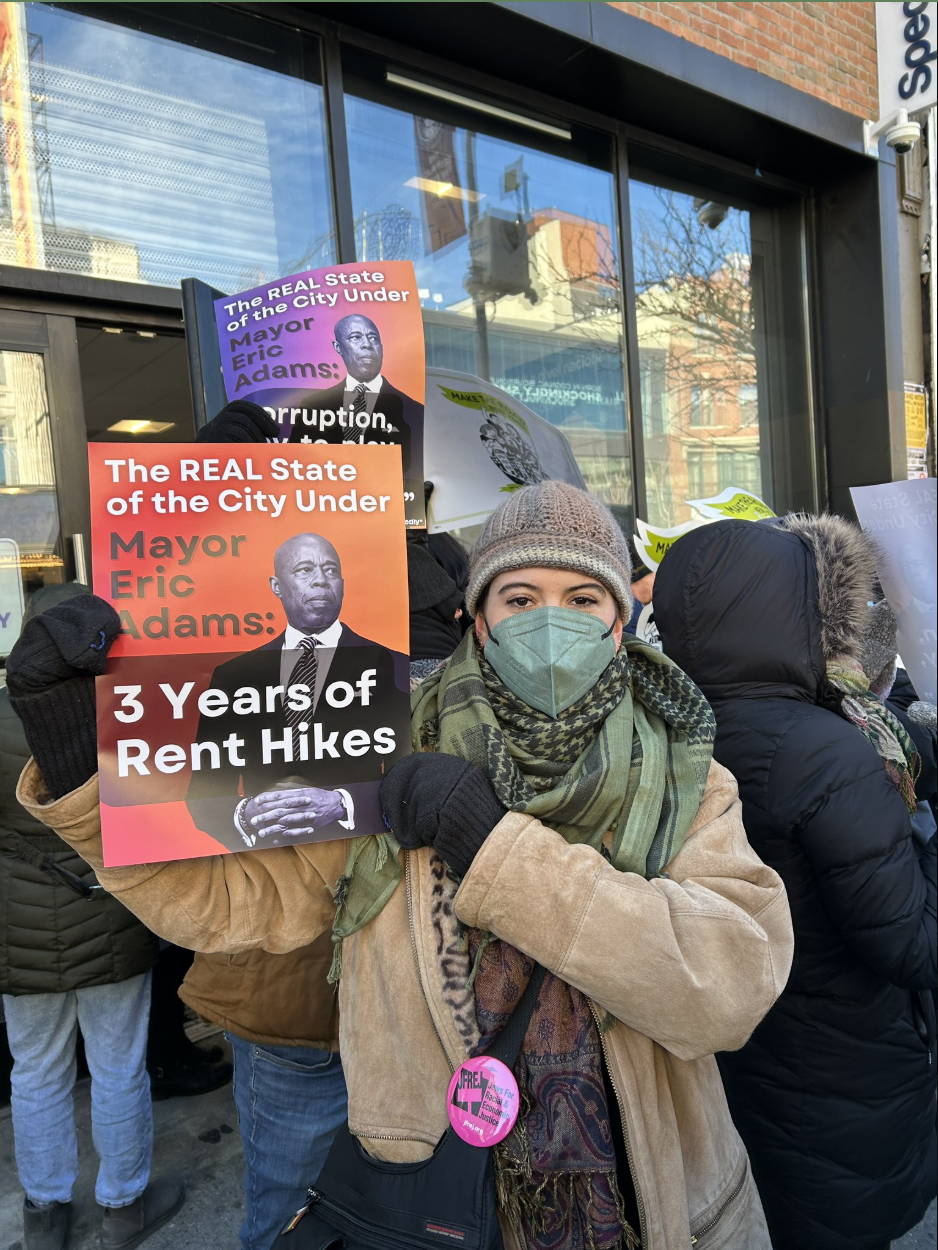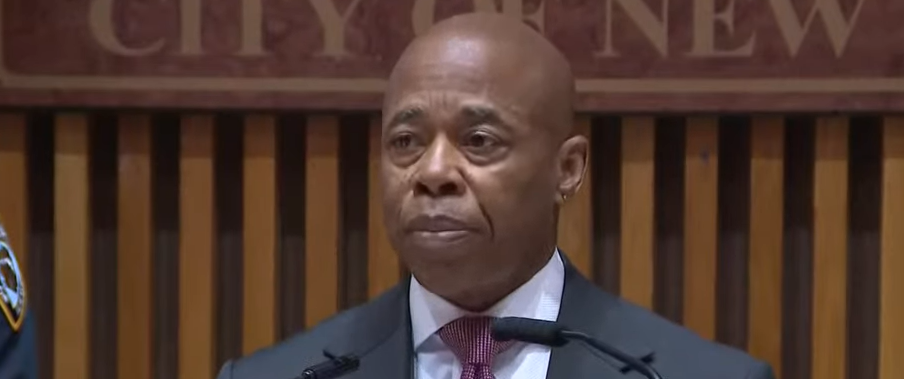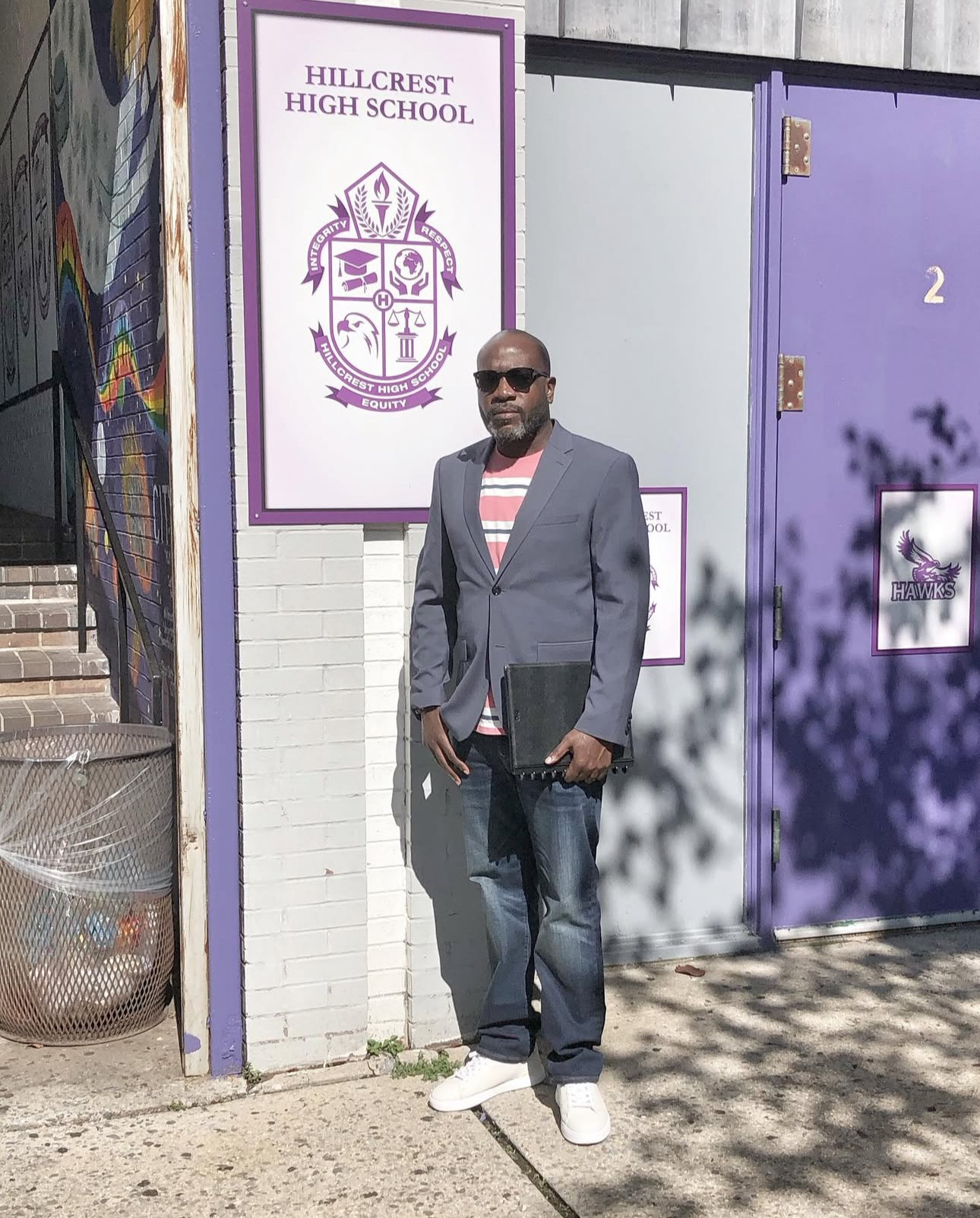It’s all good: NYPD Commissioner Bratton’s policing theoretical guru is
Prof. George Kelling co-father of “broken windows”
[Speaking Truth To Power]
Ever since the tragic killing of Staten Island resident Eric Garner by New York Police Department (NYPD) Officer Daniel Pantaleo the so-called “broken windows” approach to policing is being reexamined by many for its failure to grasp the real reason crime flourishes in Black communities long strangled by urban poverty, political abandonment and entrenched institutional racism.
Now, one of the two surviving authors of this criminological theory is defending his work. According to Professor George L. Kelling the crime rate has fallen in cities where his “broken windows” police policy has been applied appropriately.
But is this true, or, is Professor Kelling relying on faulty “facts?” Kelling is a fellow of The Manhattan Institute a conservative think tank that says its mission is to “develop and disseminate new ideas that foster greater economic choice and individual responsibility”. So we have some political context for analyzing his theory.
In a recent New York Times article, 78-year-old Kelling maintained the “broken windows” police practice he co-authored—along with deceased Professor James Q. Wilson—caused a clear crime decrease.
The “Broken windows” concept was popularized by these two professors in their 1982 article, written in The Atlantic—which was a continuation of earlier work done by Nathan Glazer and Jane Jacobs. Their thesis basically postulates the idea that big crimes can be prevented by aggressively cracking down on small crimes.
Wouldn’t a better theory be crimes can be deterred by fighting big poverty?
To support his contention “broken windows” is a relevant law-enforcement tool, Professor Kelling cites as “evidence,” the decrease in crime during the time when former NYPD Police Commissioner Raymond Kelly served and when current NYPD Commissioner William Bratton served during his earlier stint as NYPD commissioner from 1994-1996. That assertion has been challenged by many scholars, since, it has been pointed out that crime fell in many cities where no change in police tactics occurred.
Although Professor Kelling insists there is proof “broken windows” has worked, he states he’s worried this tactic could be reversed, due to rising opposition against it.
“I worry about a turnabout, but it doesn’t have to do with Bill de Blasio,” Professor Kelling writes, referring to the current New York City mayor. “He has been a consistent supporter of the maintenance of order. He knows that order and crime rates are volatile issues socially and politically, but he comes under a lot of pressure from small groups that I would consider pretty radical.”
Professor Kelling’s comments come as community leaders such as former Councilman Charles Barron and activist Carl Dix have expressed outrage and concern over the death of Eric Garner and the subsequent manhandling of 27 year-old Rosan Miller, a pregnant Brooklyn mother—who was put in a chokehold for grilling food on the sidewalk outside her home. “Broken windows” has come under attack because its insistence on criminalizing petty issues is seen as a direct factor in these two instances—as well as the dubious idea that it reduces crime.
However, according to Professor Kelling—who is currently a “consultant” with the NYPD—there is now “science” behind his contention that “broken windows” reduces crime. “It started as an observation, but since then there has been science,” Kelling said. “The burden is on the other side to say there is no link between disorderly conditions and serious crime.”
He adds,”Taking care of broken windows reduces crime; taking care of crime reduces broken windows.”
When people like Professor Kelling are the ones working as consultants with the NYPD we shouldn’t be surprised when we get idiotic ideologies like “broken windows” as police policy. It is seriously disturbing that a crime concept so shallow could be coming from people who are supposed to be scholarly thoughtful people—like a sociologist. These are the people we should pay primary attention too—because their dangerous ideas are the ones that become implemented policy.The good professor says the “burden” is on us to prove there is no link between “broken windows” and crime. Here’s a question for Professor Kelling, and others who think like he does: is there a causal link between “broken windows” and the rampant criminality occurring in one of the world’s highest crime centers today know as Wall Street? Where should we look for the genesis of their criminality? Or are those crimes that almost brought down the global economy not really considered “crimes” by Kelling’s definition because the perpetrators aren’t the most people of color victimized by his theory of policing?
But herein lies one of the major flaws of Professor Kelling’s argument: his analysis of crime is tailored exclusively to crime occurring in economically depressed communities where Black people live. Since, it is obvious “broken windows” aren’t a problem in places like Wall Street, how does he explain the serial stealing occurring there? Indeed, isn’t economics—and greed—a major component of America’s crime problems?
Which leads us to the main problem with Kelling’s faulty analysis of urban crime: it divorces the deleterious effect economic racism causes in Black communities. Throughout the 1982 article, Professor Kelling and Professor Wilson talk about things like “civility” and “order maintenance,” at one point stating, that “disorder and crime are usually inextricable linked.” Yet, the obvious connection between disorder, economic deprivation and crime is nowhere to be found in their examination.
It is surely true all urban inner-city crime isn’t caused by economics. Yet, can we really take any urban crime analysis seriously that subtracts economic considerations: like high unemployment, underemployment, homelessness, and so forth, from the equation? Is Professor Kelling so obtuse he doesn’t comprehend that concepts like “order maintenance” and “civility” mean little to desperate hungry people? Is he just being dishonest, lending academic bonafides to a system designed to justify aggressive police strategy towards low income urban dwellers?
As Dr. Amos Wilson told us “crime is created within a socio-political context.”
What people like Professor Kelling won’t say is there is a political context and objective in this nation that has mandated economic castration for Black America. This has always been the case. And, the criminalization and victimization of Blacks is the central part of an economic game of divide and conquer that rich White men have been playing for centuries.
We must also address Professor Kelling’s comments where he said it was logical for Blacks to get arrested at higher rates and that “It’s not the police’s fault” because “It’s not Whites that are terrorizing those neighborhoods; it African-Americans.”
During the Apartheid era in South Africa the regime’s enforcers used similar arguments to justify its existence — look what they do in their own communities, how can we ever give them power?
For years we’ve heard this rationale from police for why they disproportionately target Blacks—and now we see the kind of people who indoctrinate the police with this poison. Is there any wonder why police—like one caught on tape during the current police protests in St. Louis—referring to Black people as “animals?” But Professor Kelling is as wrong about this as he is about his ridiculous “broken windows” philosophy.
A professor, especially, must know that history is relevant. The fact is: the dominant White power establishment has never stopped “terrorizing” Black people from the times of Slavery and the Lynching Era. The establishment has always utilized Blacks to brutalize other Blacks—for example, Blacks were sometimes used to whip rebellious Blacks on the plantation.
The difference now is: The dominant White establishment has perfected psychological tools that internalize self-hate in some Blacks—who are then used as destructive instruments in the community. This is not hard to accomplish when the prevailing conditions of poverty and unemployment are factored in.
Moreover, the professor pretends not to know that crime is largely confined to those within a said group—although many Whites, falsely, think there’s some supposed epidemic of Black-on-White crime. However, it should be stressed that much of the crime –not all– in Black urban communities is manufactured and manipulated by political economic forces from the dominant White communities. And, Kelling is being disingenuous, or, perhaps clueless if he’s saying he sees no connection between the violence in Black communities and the economic desperation that is part of daily life there.
Theories such as “broken windows” are also to blame for deaths of people like Eric Garner. The professor can delude himself all he wants. He cannot take credit when he alleges that his theory is a factor in reducing crime, and avoid blame for the harassment and murder of people like Garner perpetrated by police. Because these officers are following the adopted police policy written by “experts” like him.
If folks like Professor Kelling were really committed to eradicating crime in Black urban communities there’s no way they could avoid tackling economic issues ravaging those communities. They would also be attacking the further impoverishment of the community—when the NYPD maintains arrest quotas that inevitably lead to Blacks being choked to death.

